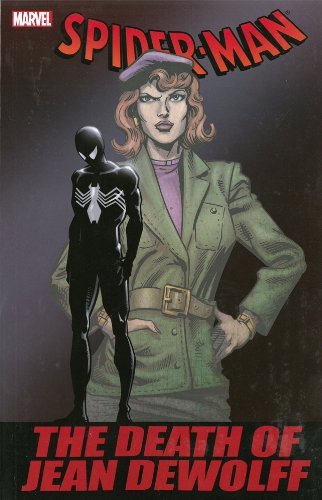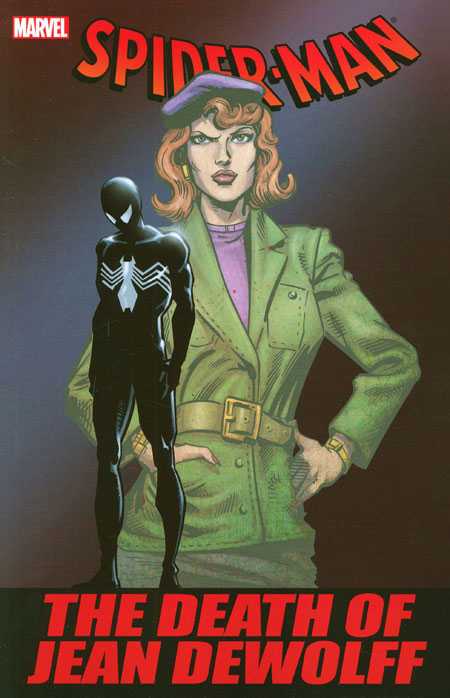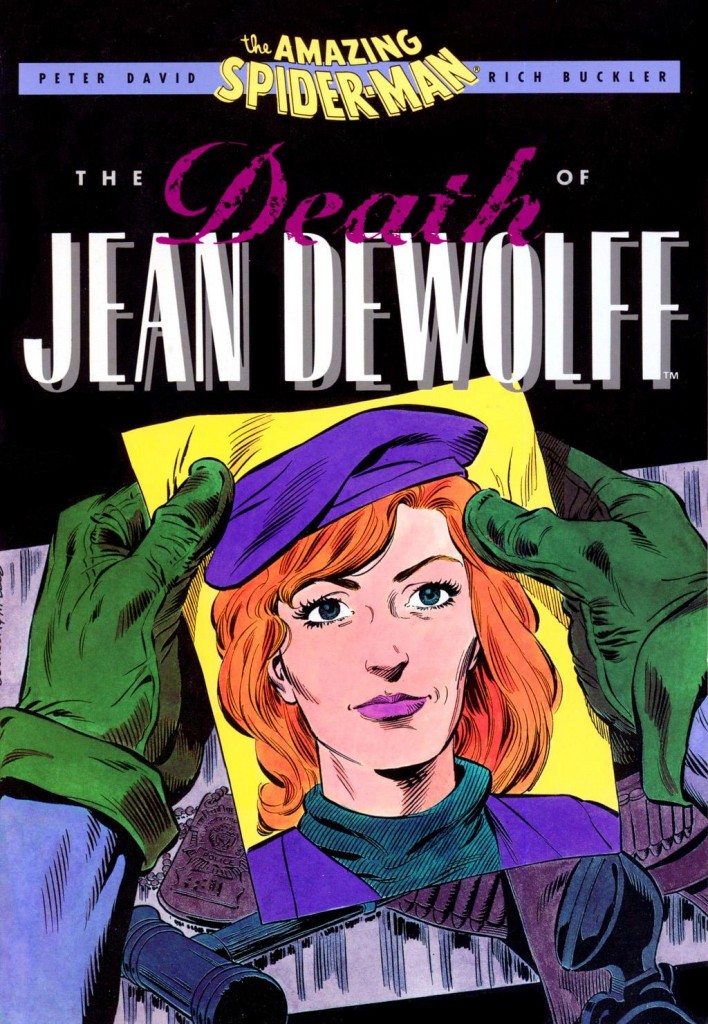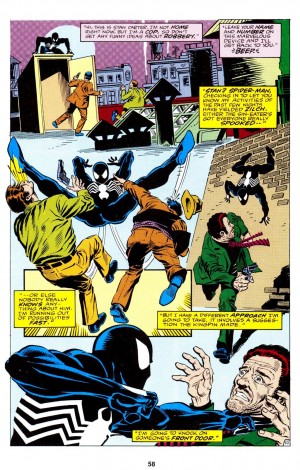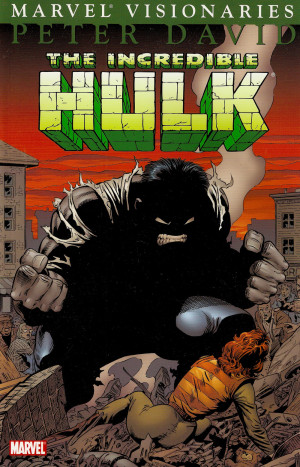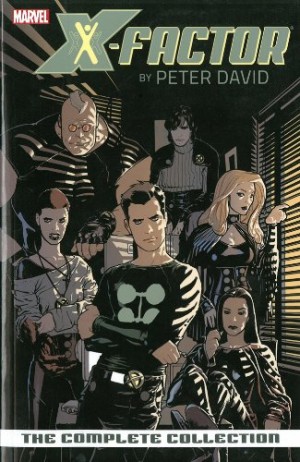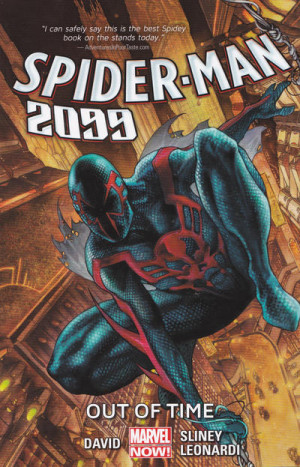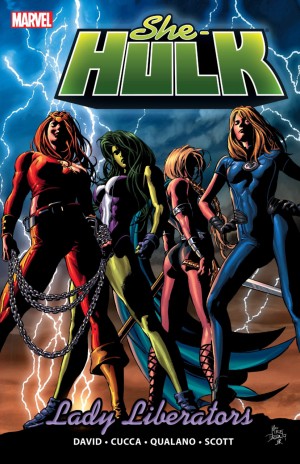Review by Karl Verhoven
Way back in the day The Death of Jean DeWolff was the work that established Peter David as a writer to be reckoned with. You don’t need to know Jean DeWolff to pick up on the emotional impact, and while it seems as if the title gives away the shock of a beloved supporting character apparently dying, this actually occurs in the opening pages. David’s story is structured well enough to withstand that disclosure as there’s plenty more going on.
Jean DeWolff is an unconventional New York police captain, and over several years of Spider-Man comics was able to see Spider-Man as an asset rather than a vigilante to be targeted. This gives him a personal investment in tracking down her killer, the identity of whom becomes the major guessing point of a well plotted mystery. A new villain called the Sin-Eater features. He appears to be an ordinary man with a shotgun, but propelled by what he considers injustice, his name a clue to his agenda: “only those who have abused their powers need fear the Sin-Eater’s wrath”. It’s hyperbolic, but actually clever, as even in a world of superheroes a masked man with a shotgun causes considerable panic, especially among those he may perceive as sinners.
Over his career the quality of Rick Bucker’s art varied wildly, and it’s often forgotten that when he was good he was a first rate storyteller able to shift viewpoints and make long conversations interesting. It’s a required skill because David’s script isn’t just about the Sin Eater, but about the values of society that created him, which needs Buckler to introduce plenty of street scenes. He gives these an urban grit needed to apply the appropriate mood.
Spider-Man finds another ally in the form of abrasive detective Stan Carter, who’s co-ordinating the police efforts to locate Jean DeWolff’s killer, and Daredevil’s also on the hunt for the Sin-Eater, in fact the first to encounter him. David peppers his story with enough new characters harbouring an agenda to feed a dozen Sin-Eaters, then one by one he removes them from suspicion in what’s a surprisingly dense plot.
An unconvincing showdown between Spider-Man and Daredevil and a couple of other clumsy scenes betray David for the relatively novice writer he was at the time. Matt Murdock’s feeble plea at a funeral is one, but there are many more amusing interludes, such as Spider-Man dealing with a drug dealer. Anyone reading this today without knowing the Sin-Eater’s identity will be dragged through by the puzzle and surprised at his unmasking. Once that’s occurred, go back and see how deftly David has put everything in place, in a couple of places having a small smirk at the readers. That, however, isn’t the end of the story, and while some aspects wouldn’t be disclosed until a later tale, most of what’s needed is here, and David ties up the philosophical questions about the effectiveness of the law very nicely. The Death of Jean DeWolff remains very readable.
More recent editions also include the three chapter sequel in which the Sin-Eater’s fate is revealed and we finally learn why Jean DeWolff died. David has an emotional peg on which to hang the story, but it’s not a universally sympathetic one, although clever. Drawn well enough by Sal Buscema, it provides closure and resolution, but lacks the power of the Sin-Eater’s introduction.
